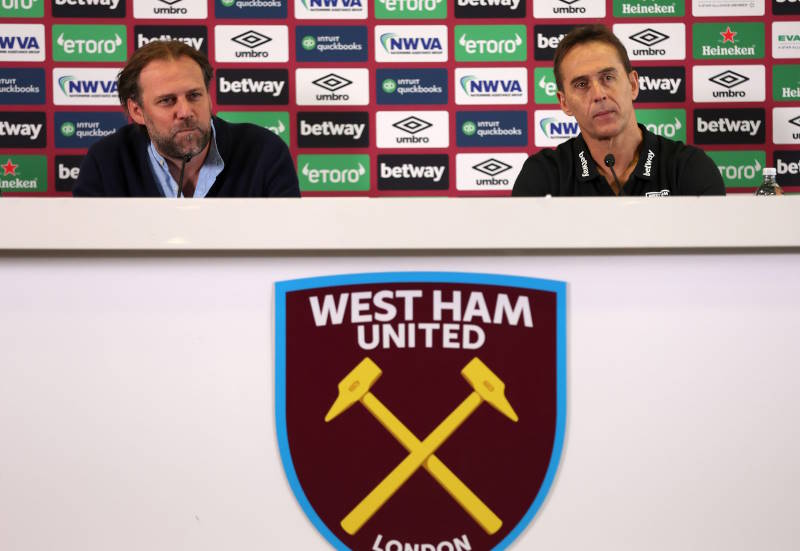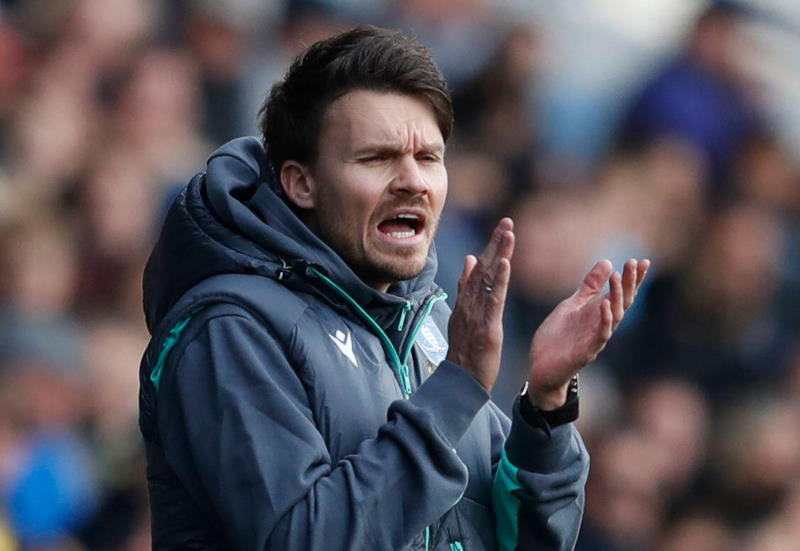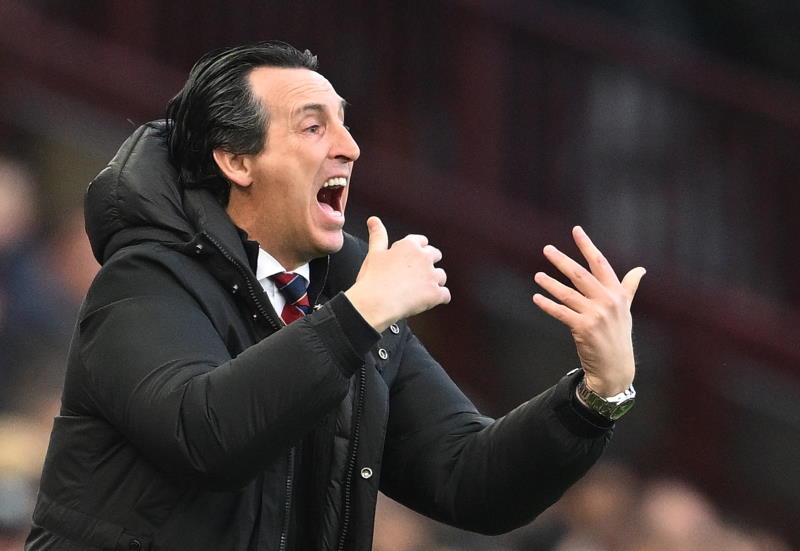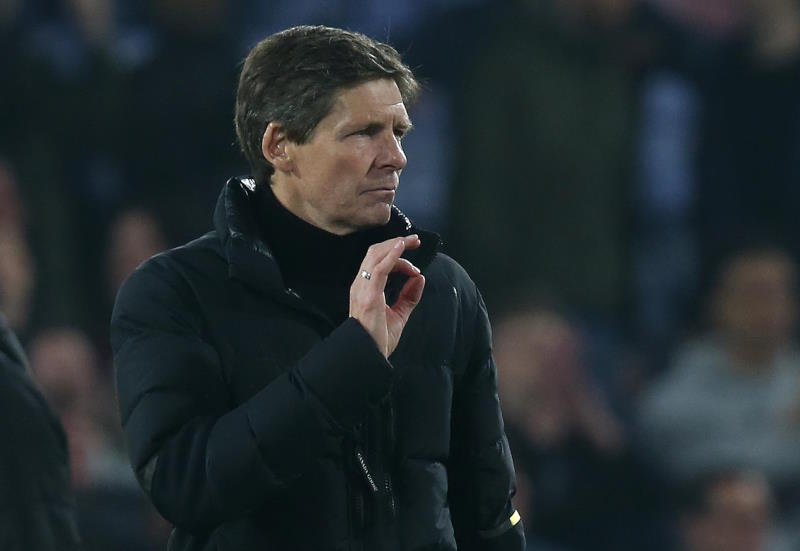
Phillip Buckley
The World Cup qualification process in Europe is at an end, well, almost. It now surely won’t be long before emissaries of the bigger nations begin to carp on about countries like Luxembourg and Andorra, whispering sweet nothings into the ears of FIFA and UEFA officials about how these teams simply shouldn’t be taking part. It’s a well trodden and familiar case, and one with more than a few fair points. But if the qualification process for World Cups needs changing, it certainly isn’t in the way these men think.
A glance at the final group stage standings in Europe reveals regular basement dwellers, Malta, San Marino, Liechtenstein, Andorra, and the Faroe Islands unsurprisingly propping up their respective groups. Some of the goal difference these sides ended the campaign with is truly appalling, but when UEFA begins to discriminate dependent on ability then it surely is taking the first steps on a slippery slope. Not too long ago Northern Ireland were regular whipping boys, yet a decade down the line they pushed hard to make Euro 2008 and next year’s World Cup.
Of course, it’s a stretch to imagine Andorra becoming the next Northern Ireland, but some of these minnows have improved and that has only come about through continuing participation. Results of note from this campaign are Luxembourg shocking Switzerland in Basel with a 2-1 win, Liechtenstein holding Finland to a 1-1 draw, and the 47,000 Faroe Islands beating Lithuania, population 3.4M, before going on to hold 8.4M strong Austria. Minnows like these can present a very different kind of test for their richer professional counterparts and are often proving slippier than slippy banana skin.
For many small associations their qualifying fixtures against large nations populated with household names provides the basis for their income, allowing them to support the grass roots movement in their respective country. The proposal that is so often wheeled out involves smaller nations playing in a pre-qualification event, with just one or two of them making it through to face the big guns.
Such a move would surely go a long way to killing international football in these countries. Whilst Liechtenstein would be able to command a cool sum for the TV rights to a clash with Italy, how much would a duel with Malta bring in?
If the qualification process for World Cups does need tinkering with then it would be best done not on a continental but an international basis. An idea mooted many years ago suggested that qualifying for the World Cup should involve, as the name suggests, the world. 30 or 40 years ago the idea of Brazil upping sticks to play Finland might have seemed logistically insane, yet with today’s players appearing in Montevideo on Wednesday night, then Sunderland on Saturday afternoon, there is little reason it could not happen.
The World Cup does not at present feature, as its name would appear to suggest, the very best national teams in the world. At the 2006 edition both Togo and Saudi Arabia stood out as clearly out of their depth, whilst Angola, Tunisia and Iran all struggled badly. Next year, New Zealand will probably do far far worse.
A change to a global qualifying system wouldn’t just test teams like Angola more. In this year’s dash Diego Maradona has scrambled through to Africa, with possibly the worst Argentina side for more than a decade. Had El Diego been drawn in a six or seven team group with Croatia, Ivory Coast and the United States, it is probable his task would have been much harder.
Of course, the organisational challenge could be enormous, but if it proves too daunting then there is little to stop the world’s confederations coming together for their playoff process. Surely a team like New Zealand, who could not score a single goal at the Confederations Cup, qualifying for the main event in South Africa is of much more concern than a qualification fixture against Andorra.
Whilst the qualification process may need tinkering with it must be done in a way which does not harm the development or opportunities of smaller nations.
Latest Articles:
- – What If? Reformed Yugoslavia Super Team
- – Robinho at Man City Crossroads as Barca Beckon
- – Merida Another Fabregas Style Gem for Arsenal













